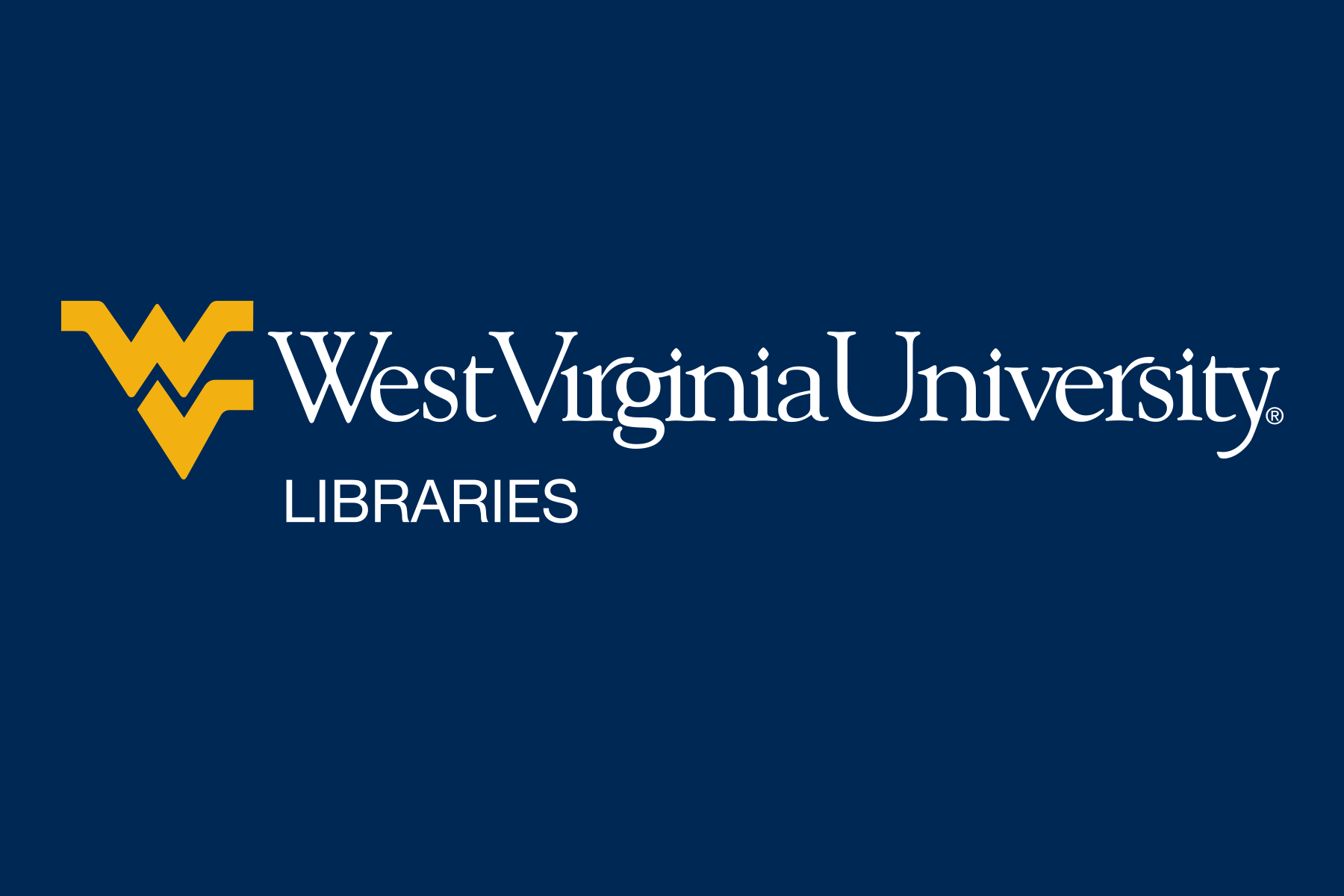This work is licensed under a CC BY 4.0 License unless otherwise noted. That means that you can engage in all of the 5 R activities: retain, reuse, revise, remix, and redistribute.
Removing barriers and ensuring access to educational resources are central tenets of open education. Though OER are often free to learners, educational equity encompasses more than addressing the cost-savings potential of open education. Explore this page to learn more about equity-centered approaches that center social justice at the core of open education; move beyond the financial, technical, and legal barriers; empower students; decenter classroom learning; and build community and care, especially for students who belong to minoritized social groups.
Open Education and Equity by Jessica Dai is licensed under a CC BY license.
|
Redistributive Justice |
Free educational resources, textbooks or courses to learners who by circumstance of socio-cultural position cannot afford them, particularly learners who could be excluded from education or be more likely to fail due to lack of access to learning materials. |
|
Recognitive Justice |
Socio-cultural diversity in the open curriculum. Inclusion of images, case studies, and knowledges of women, First Nations people and whomever is marginalised in any particular national, regional or learning context. Recognition of diverse views and experiences as legitimate within open assignments and feedback. |
|
Representational Justice |
Self-determination of marginalised people and groups to speak for themselves, and not have their stories told by others. Co-construction of OER texts and resources about learners of colour by learners of colour, about women’s experiences by women, about gay experiences by gay identifying people. Facilitation to ensure quiet and minority views have equal air-time in open online discussions. |
